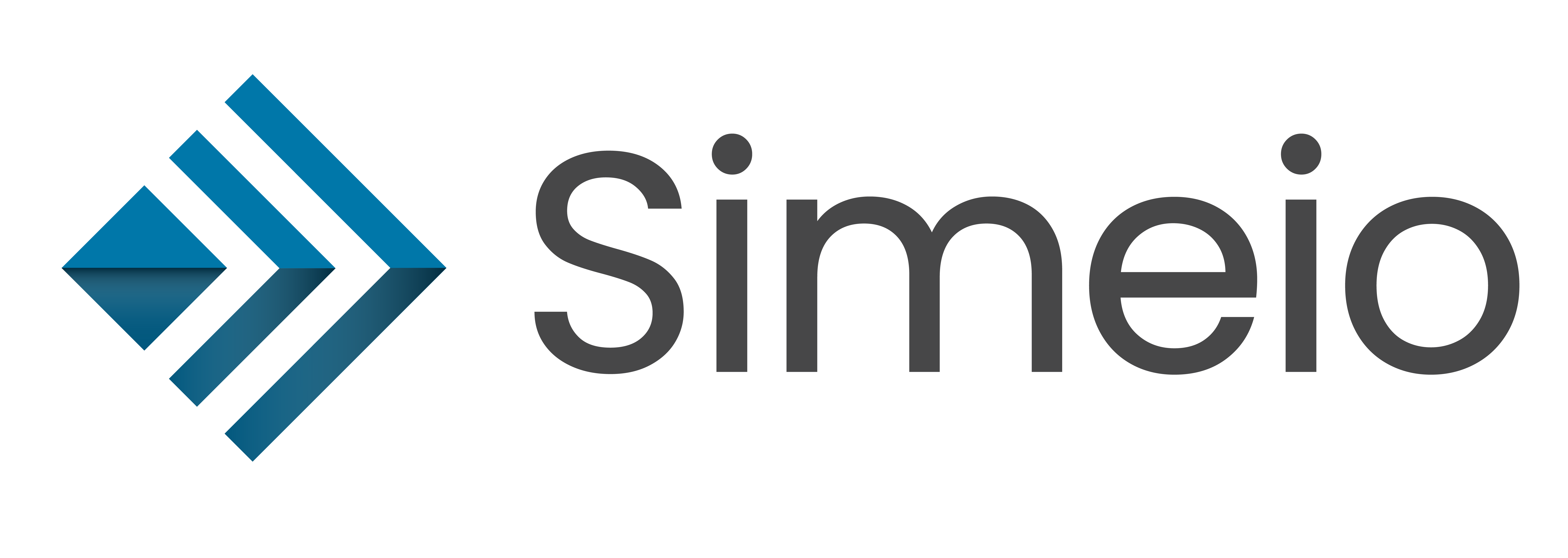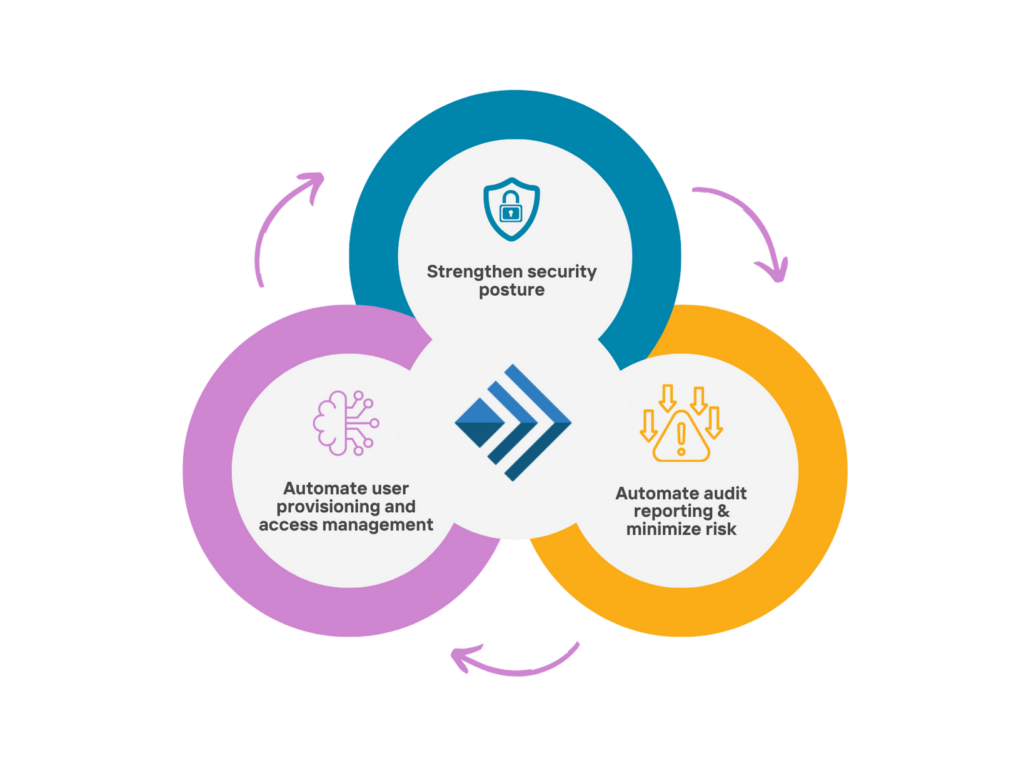
Cybersecurity is critical for hedge funds due to the high value of the sensitive information they handle. As a result, there is potential for significant financial loss and reputational damage from cyberattacks targeting hedge funds. Hedge funds have faced a significant rise in cybersecurity breaches. The complexity of vulnerabilities within hedge funds largely drives these attacks. In 2023, 77% of hedge funds reported a surge in the frequency of cyberattacks. Additionally, 87% indicated that the attacks were more severe than in previous years. Enterprises owe it to themselves and their stakeholders to operate secure hedge funds.
Hedge funds suffer from heightened risk due to the vast capital that they manage in addition to proprietary financial models that need to be protected. Breaches, and insider threat are both important aspects to plan for. Like any financial institution, hedge funds are subject to regulatory compliance. These include the Securities and Exchange Commission (SEC), who require funds to disclose their cybersecurity governance practices, risks, and incidents. For example, the New York Department of Financial Services (NYDFS) requires funds to comply with cybersecurity regulations that require identity verification, monitoring, and access control systems.
From the phishing attack that impacted Renaissance Technologies in 2016 to the Hudson Bay Capital Breach in 2021, we know that funds are constantly at risk from ransomware and other attacks which usually stem from a compromised identity. Hence, having a strategic and robust identity and access management (IAM) strategy, roadmap, and implementation plan is pivotal for hedge funds.
Identity Management Challenges for Hedge Fund Managers
Financial identity managers face a wide variety of challenges when dealing with daily operations. However, hedge funds face additional layers of complexity. IAM experts seeking to implement a secure hedge fund must overcome these hurdles:
Privileged Access Management (PAM): Hedge funds employ a range of employees and contractors with various access levels. These include portfolio managers, analysts, and IT administrators, many of whom require elevated privileges. Managing these high-level accesses poses challenges, as misuse or unauthorized access to critical systems or sensitive trading data can result in significant damage. Therefore, the need to tightly control, audit, and monitor access to sensitive data by privileged users creates a heightened risk. This is especially true if security practices are not consistently enforced.
Multi-Factor Authentication (MFA): 23 NYCRR 500 requires multi-factor authentication for accessing internal systems and non-public data, especially when remote access is involved. This protects against unauthorized access even if passwords are stolen or compromised.
Role-Based Access Control (RBAC): Ensuring that users only have access to the systems and information they need is crucial. The challenge is not just getting access right, but also on time as financial institutions always operate with a sense of urgency.
Efficiency and Compliance in Secure Hedge Funds
Hedge funds rely heavily on third-party service providers. These include IT consultants, trading platforms, and cloud services, which all require some level of access to internal systems. Managing and securing these third-party identities presents challenges, as vendors may have weaker security practices that could expose the fund to supply chain attacks. Ensuring that third-party users adhere to strong identity verification measures while maintaining operational efficiency is a significant challenge
Many hedge funds operate across multiple regulatory environments, each with their own set of requirements for identity verification and cybersecurity. For instance, the General Data Protection Regulation (GDPR) in Europe, the California Consumer Privacy Act (CCPA), and New York’s 23 NYCRR 500 all have different identity and data privacy requirements. Hedge funds must navigate this complex landscape and ensure that their identity management practices align with all relevant regulations to avoid costly penalties.
Hedge funds deal with extremely sensitive data, including proprietary trading algorithms, client data, and investment strategies. Ensuring that different groups within the organization (e.g., portfolio managers, compliance teams, IT administrators) can only access the data relevant to their roles is crucial. At the same time, improper segregation of data can lead to potential breaches or insider misuse. Identity management systems must effectively enforce these data segregation policies while allowing users to access the resources they need
Achieving a Secure Hedge Fund with Simeio’s Solution
Simeio’s team has experience of working in the banking, financial services, and insurance (BFSI) sector, especially hedge funds. Hedge funds, even properly secure hedge funds, are always under a time crunch. The most common answer, when asked for a timeline for an initiative, will be “yesterday!”. Stakeholders must view security as an enabler due to the criticality of user experience. Anything that will slow users is likely to face adoption challenges.
Simeio’s team understands the challenges of implementing a robust IAM strategy for BFSIs and delivering roadmaps for secure hedge funds. Simeio’s expert methodology accounts for people, processes, and technology that support a seamless, modern, interoperable IAM program. The Simeio team has a deep understanding of regulations and knows that pre-empting audit requirements is essential for IAM. Working with hedge funds (and the BFSI segment) requires a cultural fit to perform within timeline crunches.
The average number of technologies to support IAM use cases are increasing by the day. These include single sign-on (SSO), identity governance and administration (IGA), customer identity and access management (CIAM), and cloud infrastructure entitlement management (CIEM). Because these solutions often operate in siloes, integrations can be complicated and expensive to maintain. The Simeio powered Identity Orchestrator is designed to meet the business outcomes and use cases irrespective of the number/type of technologies. This provides a consolidated, uniform view of Identity risks, actionable insights and metrics that helps monitor the health of am IAM program.
Would you like details on specific IAM platforms or solutions? Contact a Simeio identity expert now and secure your hedge fund!
Written by Batool Aliakbar

